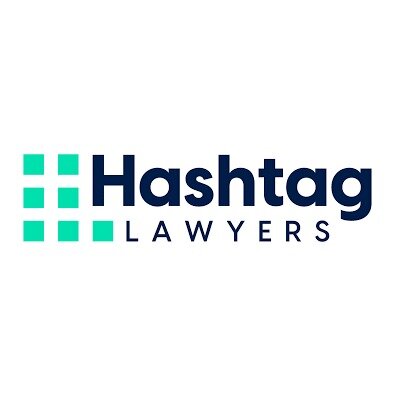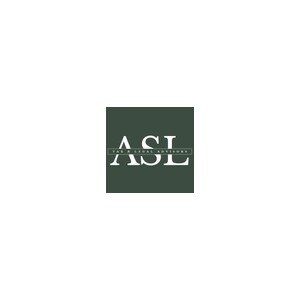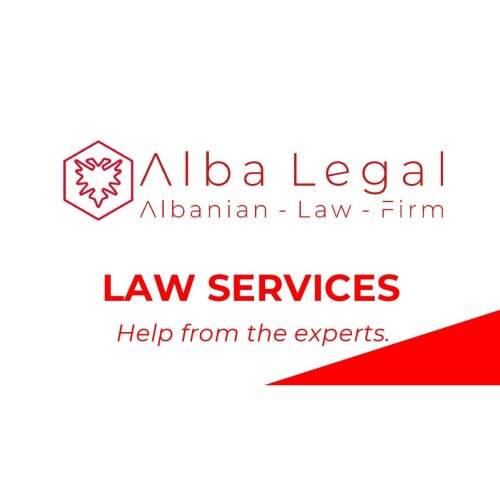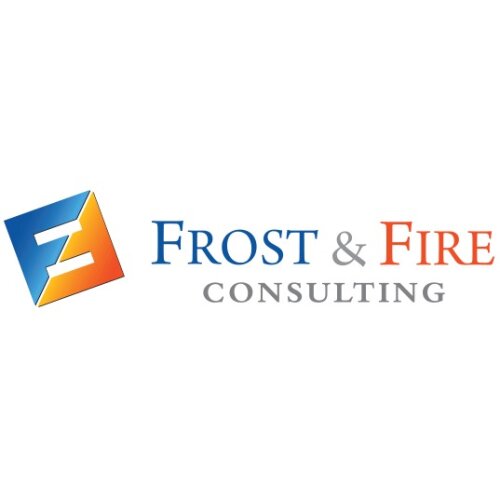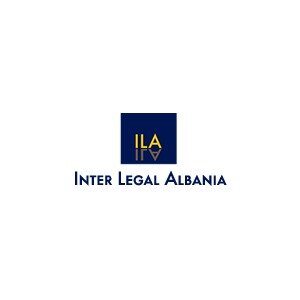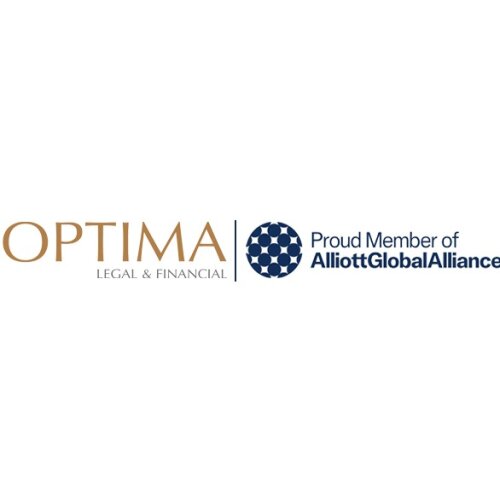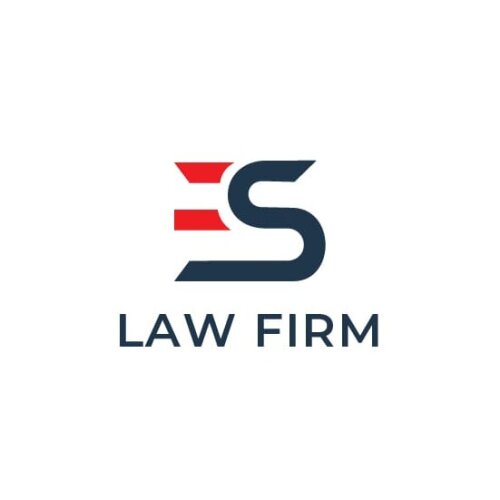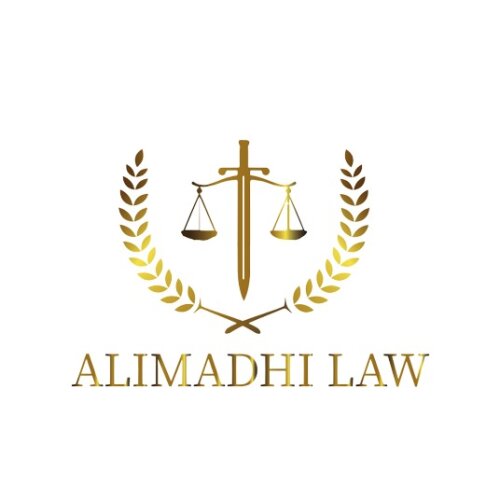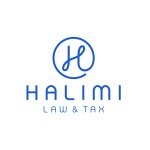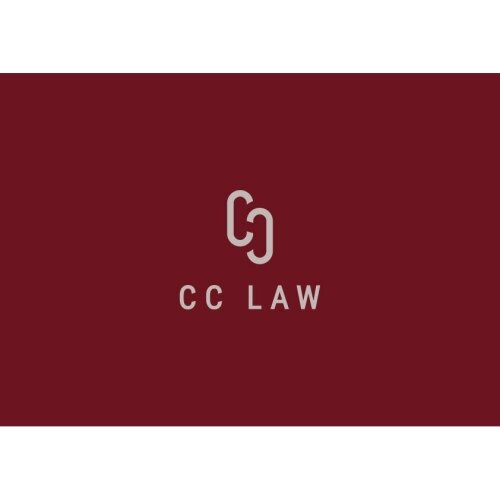Best Due Diligence Lawyers in Albania
Share your needs with us, get contacted by law firms.
Free. Takes 2 min.
Or refine your search by selecting a city:
List of the best lawyers in Albania
About Due Diligence Law in Albania
Due diligence in Albania is a critical legal and financial process that involves a thorough investigation and evaluation of a business, asset, or individual before entering into a transaction or agreement. This procedure ensures that potential buyers, investors, or partners have all the necessary information to make informed decisions. It encompasses a variety of checks, including legal, financial, operational, and compliance reviews to identify any risks or liabilities that may affect the outcome of a transaction. In the Albanian context, due diligence is especially important for real estate transactions, mergers and acquisitions, and foreign investments.
Why You May Need a Lawyer
There are several situations where obtaining legal advice for due diligence in Albania may be crucial:
- Mergers and Acquisitions: When acquiring or merging with another company, a lawyer can help identify legal liabilities, existing contracts, and other factors that may affect the transaction.
- Real Estate Transactions: Conducting thorough due diligence on property rights, zoning laws, and legal compliance to avoid future disputes.
- Foreign Investments: Understanding local laws, tax implications, and regulatory requirements when investing in Albania.
- Business Partnerships: Ensuring the legal and financial health of potential partners to mitigate risks.
- Compliance Check: Verifying a company’s adherence to local and international regulations to prevent legal issues.
Local Laws Overview
The framework of due diligence in Albania is influenced by several key laws and regulations. These include:
- Company Law: Governs the formation, management, and regulation of companies in Albania, providing a framework for due diligence assessments.
- Property Law: Details property rights and regulations, crucial for real estate due diligence.
- Tax Legislation: Important for understanding financial liabilities and ensuring compliance with local tax obligations.
- Foreign Investment Law: Offers incentives and protections for foreign investors while outlining necessary compliance measures.
- Compliance and Anti-Corruption Laws: Set rules for corporate practices to prevent corruption and ensure legal compliance.
Frequently Asked Questions
What is due diligence and why is it important?
Due diligence is a detailed investigation or audit of a potential investment to confirm all facts, such as reviewing financial records, assessing risks, and ensuring legal compliance. It is crucial for making informed business decisions and minimizing risks.
Can I conduct due diligence myself or do I need a lawyer?
While you can conduct some preliminary checks yourself, involving a lawyer ensures that the due diligence process is thorough and that all legal aspects are thoroughly examined.
How long does the due diligence process typically take in Albania?
The duration of the due diligence process can vary depending on the complexity of the transaction. Generally, it can take anywhere from a few weeks to several months.
What are the main areas covered in a due diligence process?
Due diligence usually covers financial audits, legal compliance, operational assessments, and an evaluation of market conditions and strategic fit.
What risks can be identified through due diligence?
Identifiable risks may include undisclosed debts, legal liabilities, asset valuation discrepancies, compliance issues, and operational inefficiencies.
Is due diligence necessary for small real estate transactions?
Yes, even small transactions can benefit from due diligence to uncover potential issues related to property rights, zoning laws, and other legal aspects.
How is confidentiality maintained during due diligence?
Confidentiality agreements are typically signed before the process begins to ensure that sensitive information is protected.
What role does due diligence play in mergers and acquisitions in Albania?
Due diligence identifies potential risks, liabilities, and compliance issues, providing a clear picture of what is being acquired and ensuring there are no surprises post-transaction.
What are the costs associated with hiring a lawyer for due diligence?
Costs can vary depending on the complexity of the transaction and the scope of due diligence required. It’s advisable to discuss fee structures with legal advisors beforehand.
What is the role of third-party experts in the due diligence process?
Third-party experts such as accountants, environmental consultants, and other specialists may be engaged to provide specific assessments that require in-depth expertise beyond legal reviews.
Additional Resources
For further assistance, you may find the following resources helpful:
- National Business Center: Provides information on business registration and compliance.
- Albanian Investment Development Agency: Guides on foreign investments and related incentives.
- Real Estate Regulatory Authorities: For property and real estate compliance information.
- Local Chambers of Commerce: Offer networking opportunities and business support services.
Next Steps
If you require legal assistance for due diligence in Albania:
- Research Legal Experts: Find lawyers or law firms specializing in due diligence and business law.
- Schedule Consultations: Meet with potential legal advisors to discuss your needs and their approach.
- Evaluate Credentials: Review the experience and expertise of legal professionals.
- Engage Legal Services: Once you’ve selected a lawyer, commence the due diligence process according to your transaction's needs.
Lawzana helps you find the best lawyers and law firms in Albania through a curated and pre-screened list of qualified legal professionals. Our platform offers rankings and detailed profiles of attorneys and law firms, allowing you to compare based on practice areas, including Due Diligence, experience, and client feedback.
Each profile includes a description of the firm's areas of practice, client reviews, team members and partners, year of establishment, spoken languages, office locations, contact information, social media presence, and any published articles or resources. Most firms on our platform speak English and are experienced in both local and international legal matters.
Get a quote from top-rated law firms in Albania — quickly, securely, and without unnecessary hassle.
Disclaimer:
The information provided on this page is for general informational purposes only and does not constitute legal advice. While we strive to ensure the accuracy and relevance of the content, legal information may change over time, and interpretations of the law can vary. You should always consult with a qualified legal professional for advice specific to your situation.
We disclaim all liability for actions taken or not taken based on the content of this page. If you believe any information is incorrect or outdated, please contact us, and we will review and update it where appropriate.
Browse due diligence law firms by city in Albania
Refine your search by selecting a city.



